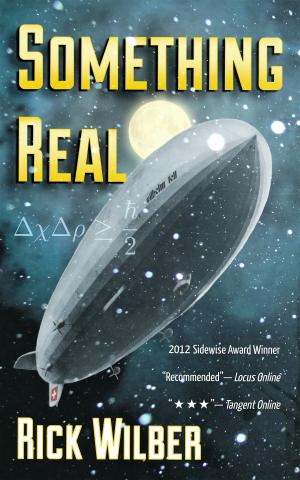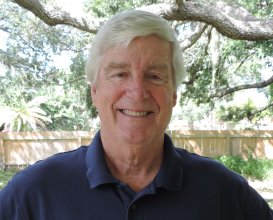
A few years ago my friend Ben Bova, one of the most honored writers in science fiction and a very knowledgeable baseball fan, proposed that we work together on a fictional retelling of the famous baseball player and spy Moe Berg. Ben had a movie in mind and we worked up a screen treatment that prompted some interest in Hollywood. Ultimately, that came to nothing; but it did get me started thinking about Berg, one of the more interesting personalities to ever play baseball. A brilliant, if erratic, guy, Berg chose baseball for his livelihood after he graduated from Princeton and he even played while working on his law degree at Columbia. He could have spent his life in academe and, I think, he might have been happy. But it was baseball that he loved the most, and he had some real talent for the game, so Moe wound up playing in the majors for some fifteen years, ending his career just before the start of World War II.
Depending on which source you believe, Berg spoke somewhere between seven and fifteen languages, and he’d done some successful amateur spying on Tokyo harbor during a baseball exhibition trip to Japan in the mid 1930s, so it made sense for the new Office of Strategic Services to bring Moe into the war effort as a spy in Europe. He found some success there, too, most notably in the famous case that is fictionalized in this story.
My baseball background, my career as a science-fiction and fantasy writer, my interest in World War II and especially in the shadowy worlds of espionage during that war, all led me to begin writing a series of stories that feature my own fictional version of Moe Berg, a ballplayer and a spy who finds himself caught up in an alternate history where only he can make the right play to save his not only the universe he lives in but a lot of other alternate universes as well.
This story won the 2012 Sidewise Award for Best Alternate History—Short Form.
Purchase:



A clever and well-crafted story that will delight alternate-history fans, this one also keeps the reader guessing as to which future will ’come to pass’ (if the term even applies to an Everett-Wheeler cosmology). Strongly recommended